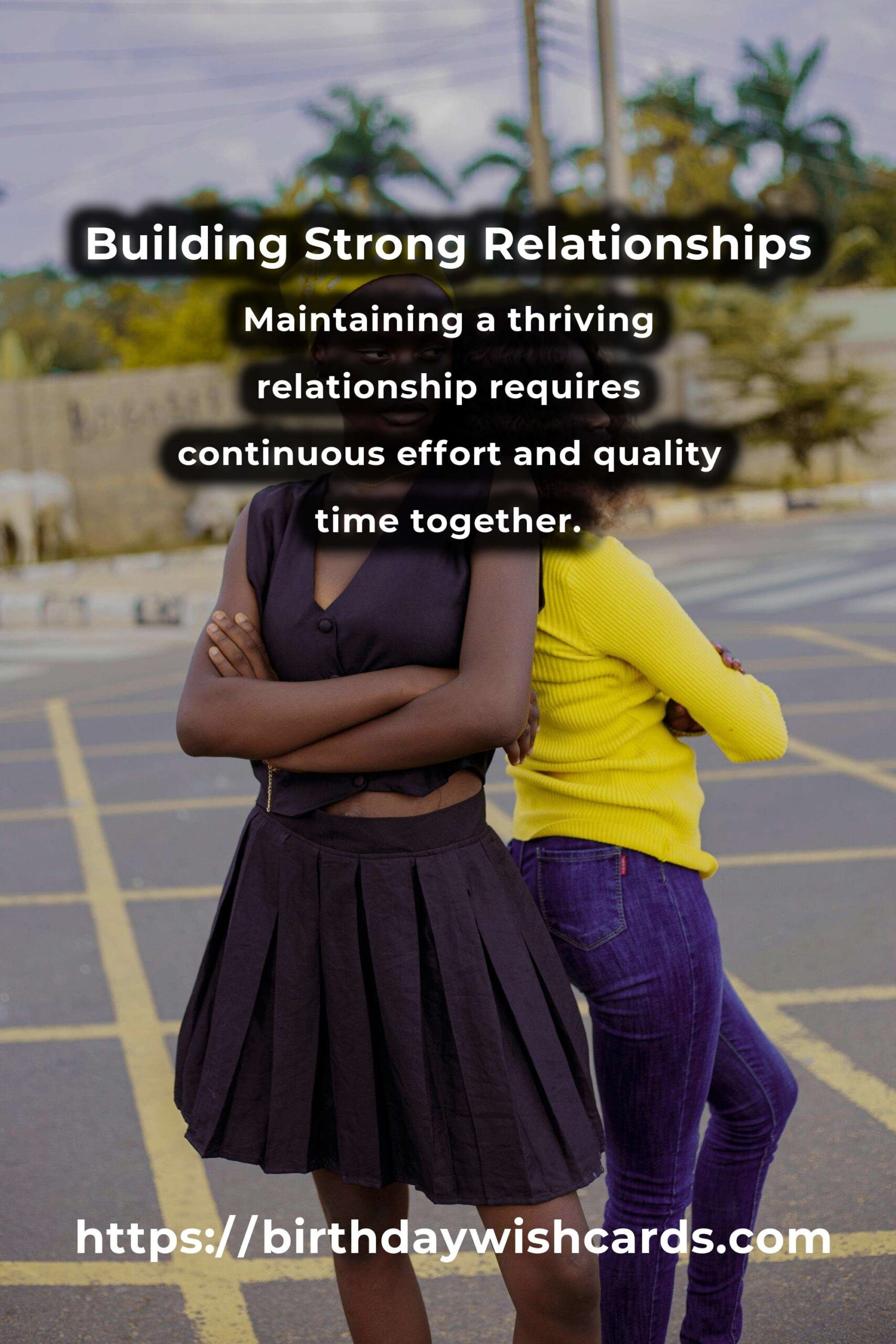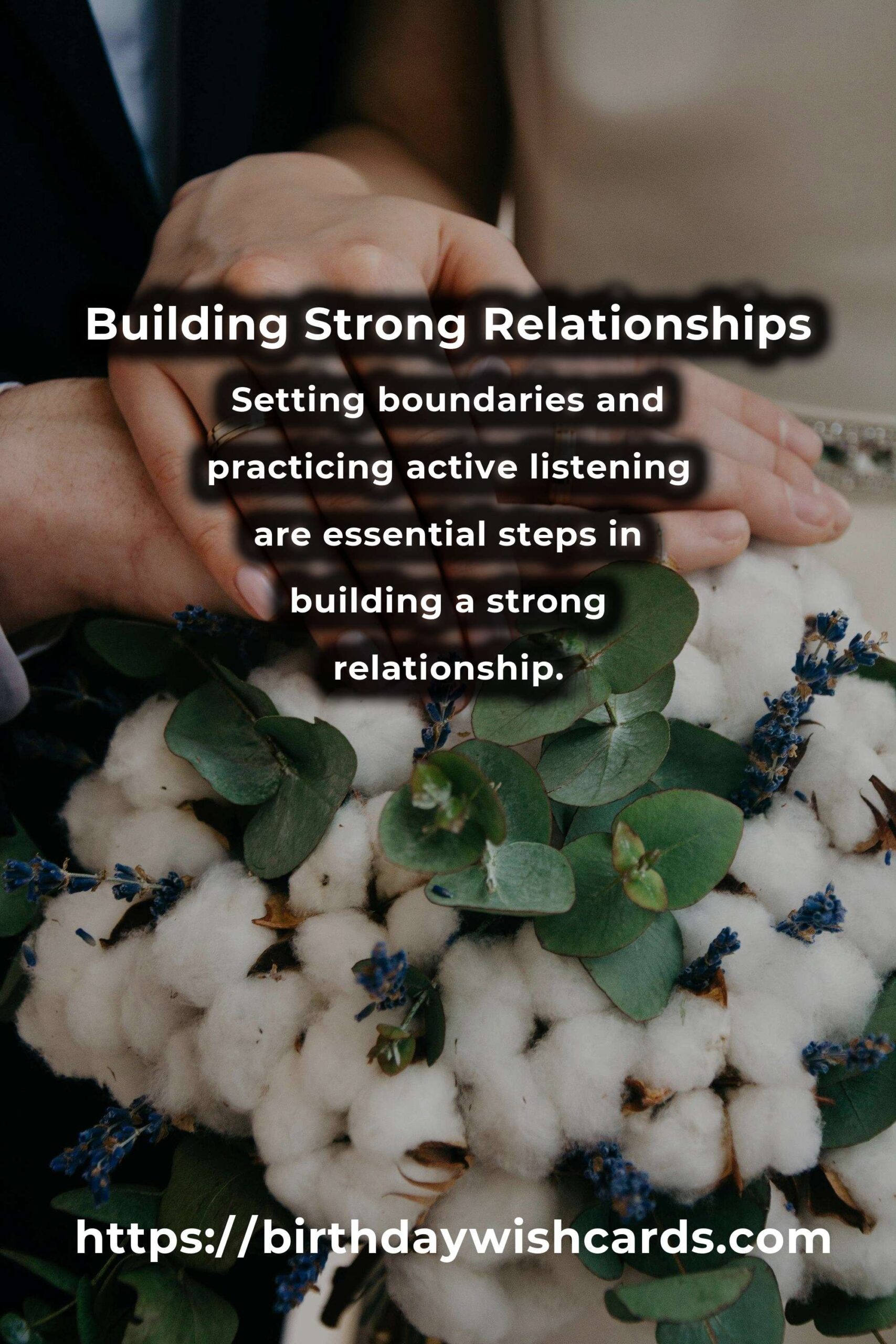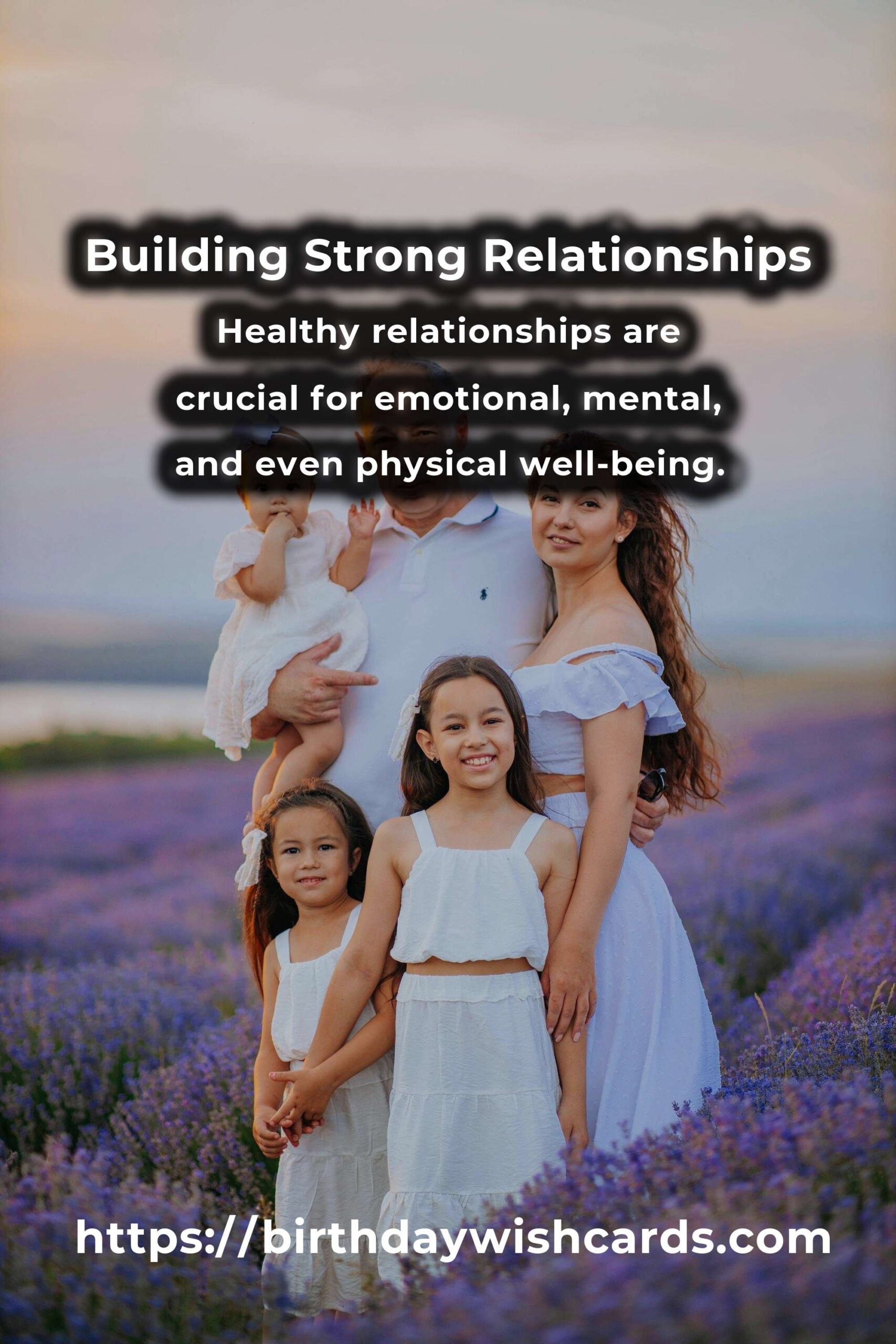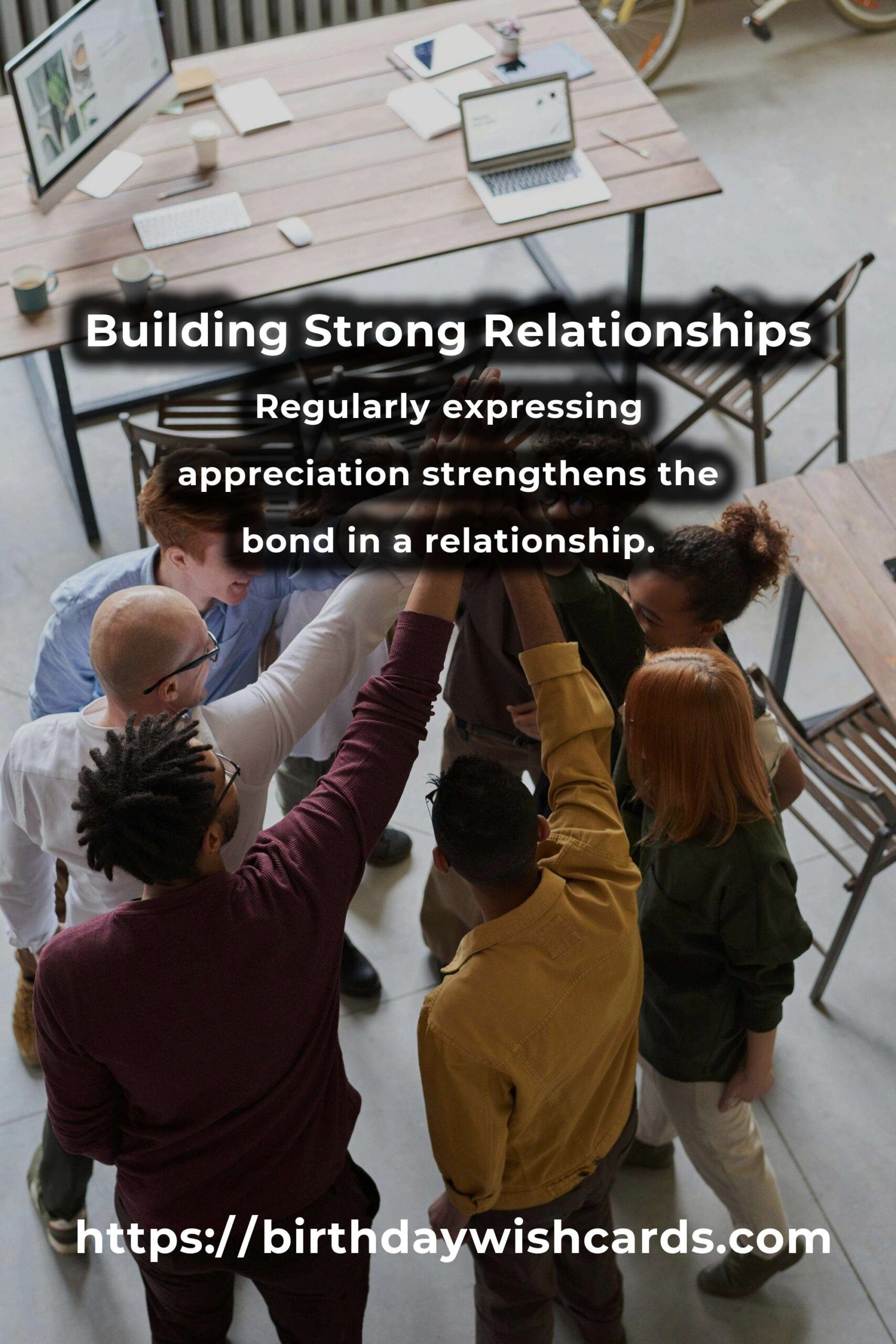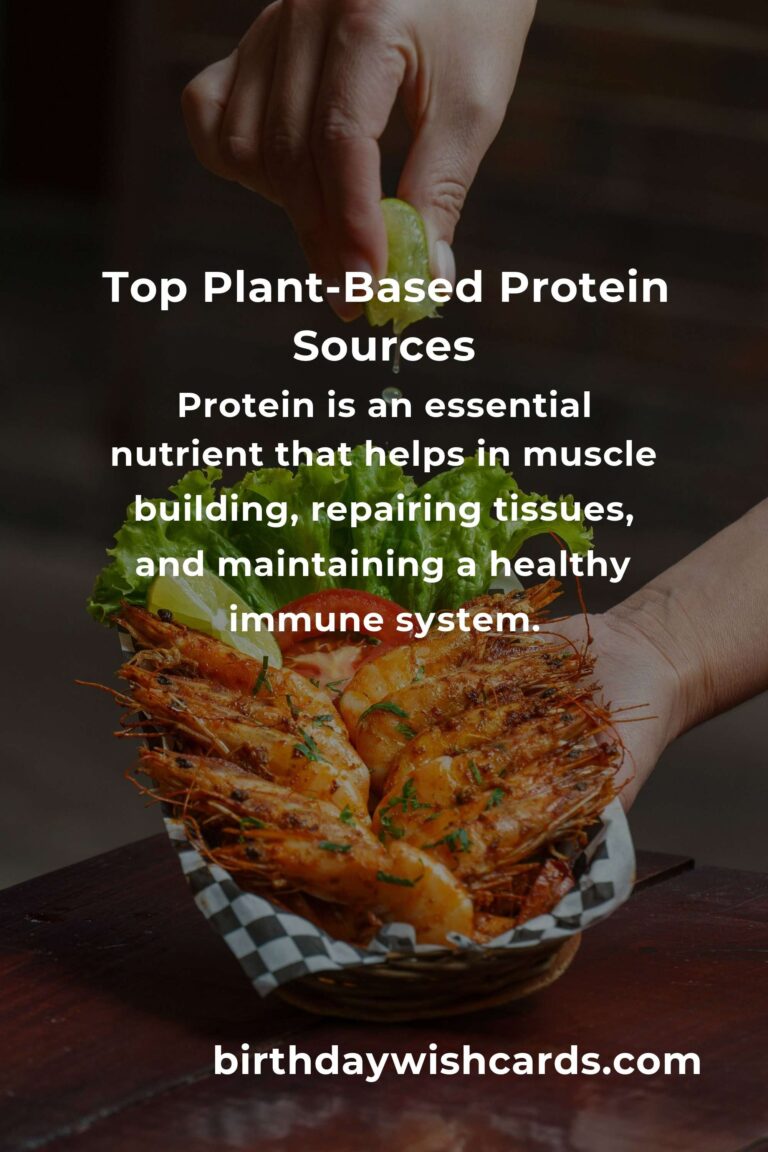
Introduction
Healthy relationships are crucial for emotional, mental, and even physical well-being. Whether it’s a romantic partnership, a friendship, or a family relationship, maintaining a healthy connection requires effort, understanding, and compassion. In this comprehensive guide, we will explore the essential components of healthy relationships and provide actionable insights to nurture and sustain them.
Understanding the Foundations of Healthy Relationships
At the core of every healthy relationship lies mutual respect, trust, and effective communication. Without these foundational elements, the relationship may struggle to thrive. Let’s delve into each component:
Mutual Respect
Respect in a relationship means valuing each other’s opinions, feelings, and needs without judgment. It involves treating your partner or friend with kindness and consideration, even during disagreements. Respect fosters a safe space where both parties feel valued and understood.
Trust
Trust is the glue that holds relationships together. It is built over time through consistent actions and honest communication. Trust means having confidence in each other’s intentions and reliability. Without trust, relationships can become strained and filled with doubt.
Effective Communication
Open and honest communication is essential for resolving conflicts and expressing needs and desires. It involves active listening, empathy, and clarity. Effective communication helps partners navigate challenges and maintain a strong connection.
Building Healthy Relationships
Building a healthy relationship requires time, effort, and dedication. Here are some steps to help you build a strong foundation:
Set Boundaries
Boundaries are essential for maintaining individuality and respecting personal space. Discuss and establish boundaries early in the relationship to prevent misunderstandings and ensure both parties feel comfortable.
Practice Active Listening
Listening is more than just hearing words; it’s about understanding the underlying emotions and intentions. Practice active listening by giving your full attention, acknowledging the speaker’s feelings, and responding thoughtfully.
Show Appreciation
Regularly express gratitude and appreciation for your partner or friend’s presence and contributions. Simple gestures of appreciation can strengthen the bond and create a positive dynamic in the relationship.
Address Conflicts Constructively
Conflicts are inevitable in any relationship, but how they are managed makes all the difference. Approach conflicts with a problem-solving mindset, focusing on finding a resolution rather than assigning blame. Practice patience and empathy to reach a mutual understanding.
Maintaining Healthy Relationships
Once a healthy relationship is established, it is important to maintain it through consistent effort and attention. Here are some tips for maintaining a thriving relationship:
Continue Personal Growth
Encourage and support each other’s personal growth and interests. Pursuing individual goals and passions can enrich the relationship and prevent stagnation.
Schedule Quality Time
Make time for each other, free from distractions and interruptions. Whether it’s a weekly date night or a regular catch-up session, quality time strengthens the bond and reinforces the connection.
Keep the Romance Alive
In romantic relationships, keeping the romance alive is crucial. Surprise each other with thoughtful gestures, plan spontaneous adventures, and keep the spark alive through affection and intimacy.
Conclusion
Building and maintaining healthy relationships is an ongoing journey that requires commitment and effort from both parties. By focusing on mutual respect, trust, and effective communication, and by continuously nurturing and supporting each other, relationships can flourish and provide immense joy and satisfaction. Remember, a healthy relationship is a source of comfort, strength, and happiness.
Healthy relationships are crucial for emotional, mental, and even physical well-being. Mutual respect, trust, and effective communication are the core elements of a healthy relationship. Setting boundaries and practicing active listening are essential steps in building a strong relationship. Regularly expressing appreciation strengthens the bond in a relationship. Maintaining a thriving relationship requires continuous effort and quality time together.
#HealthyRelationships #RelationshipAdvice #CommunicationSkills #Trust #MutualRespect

